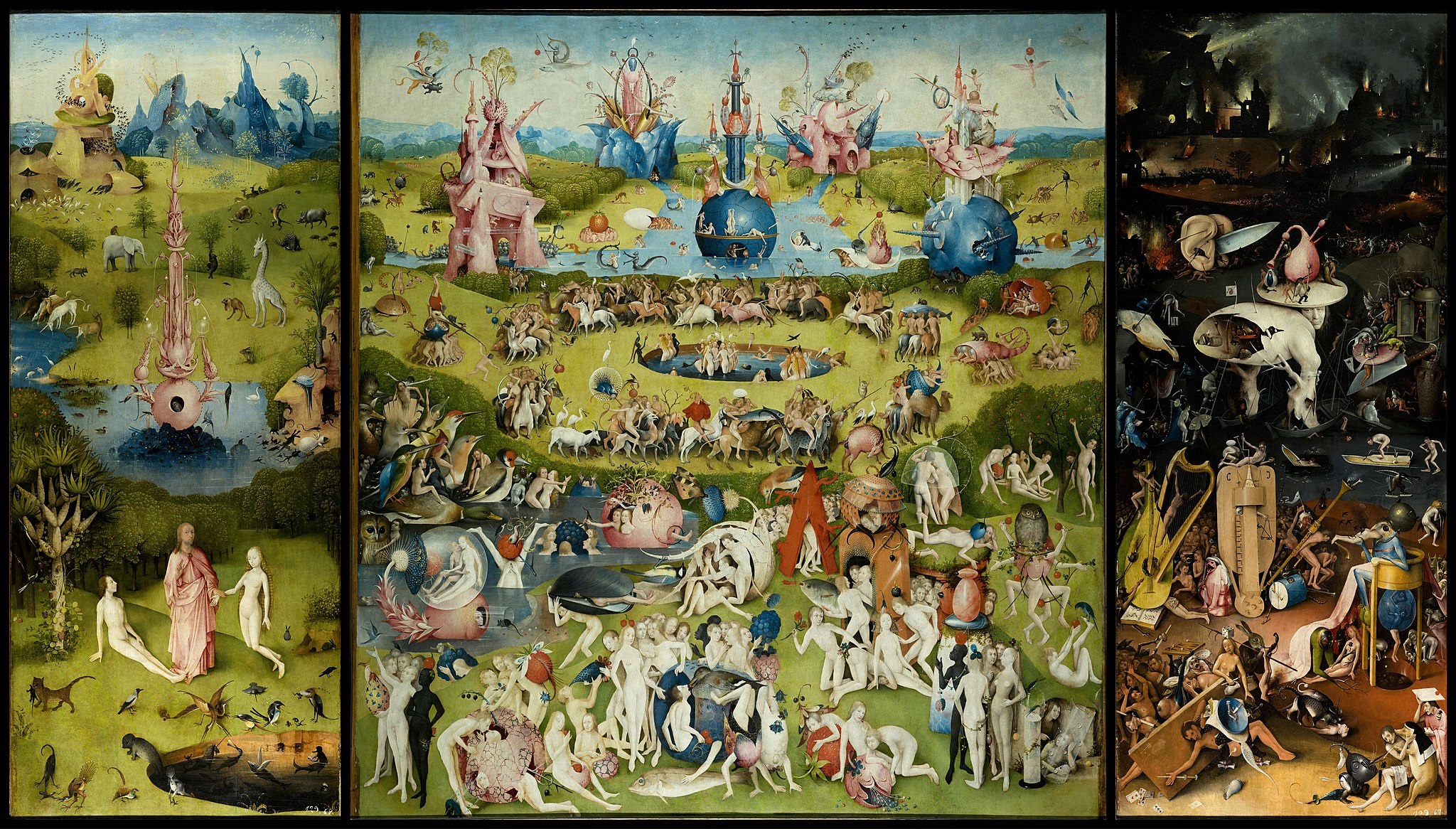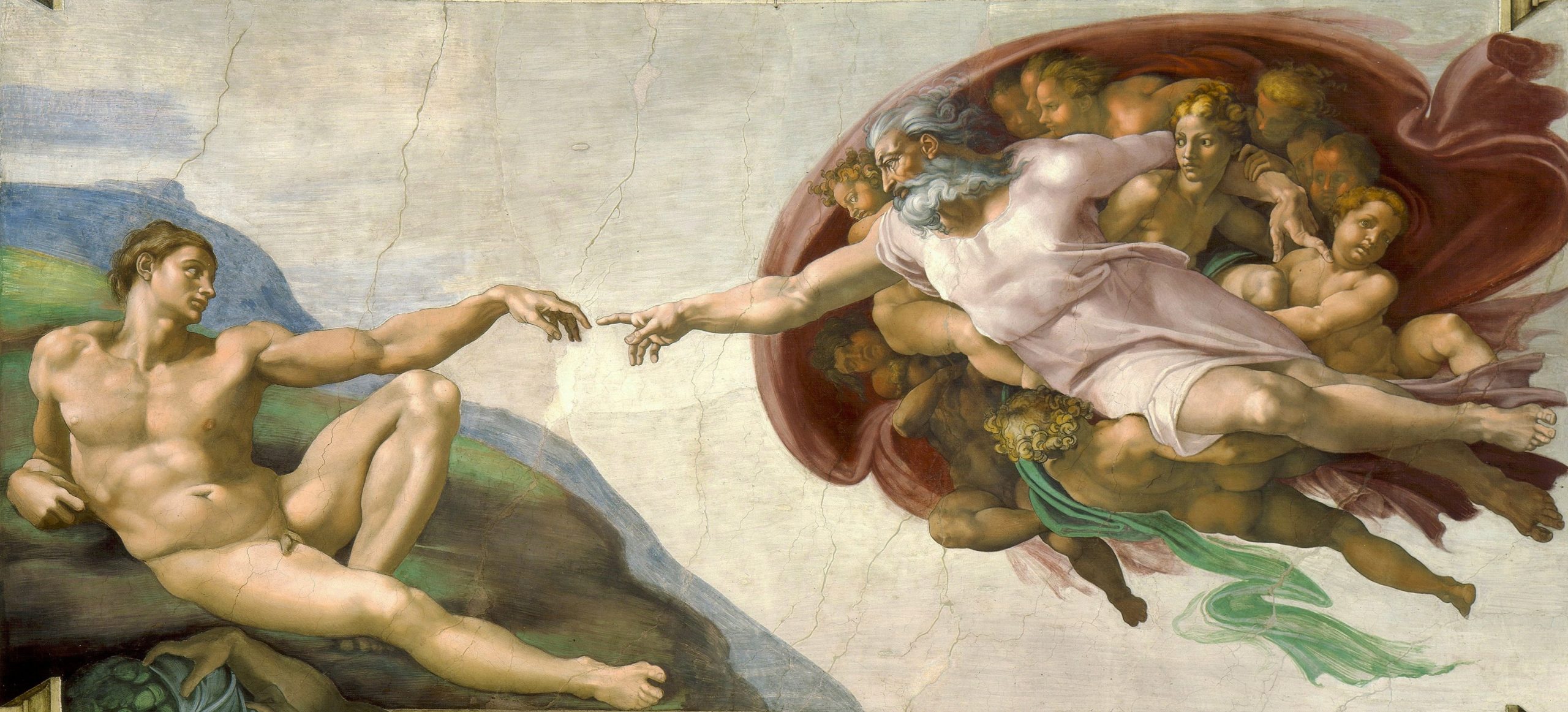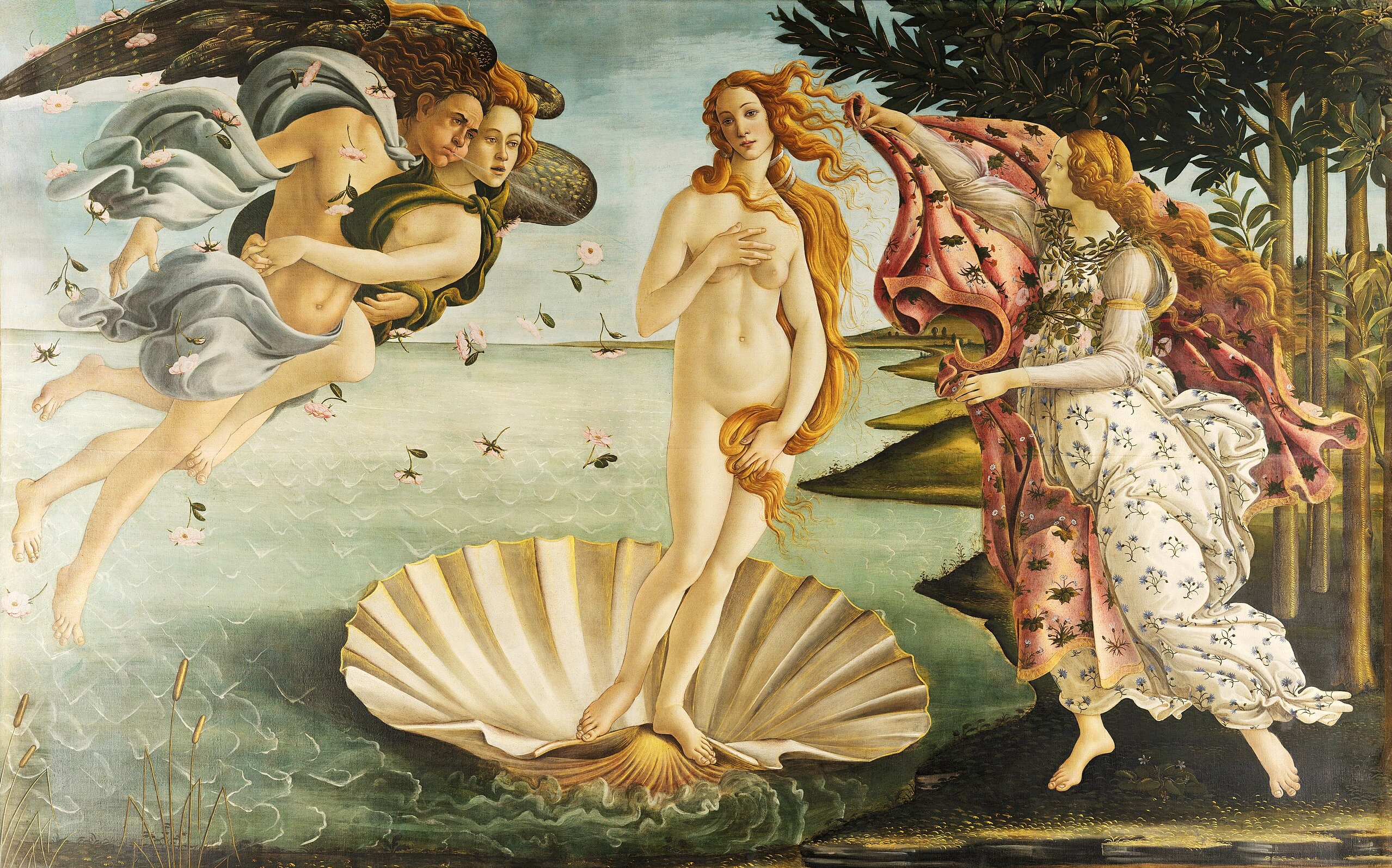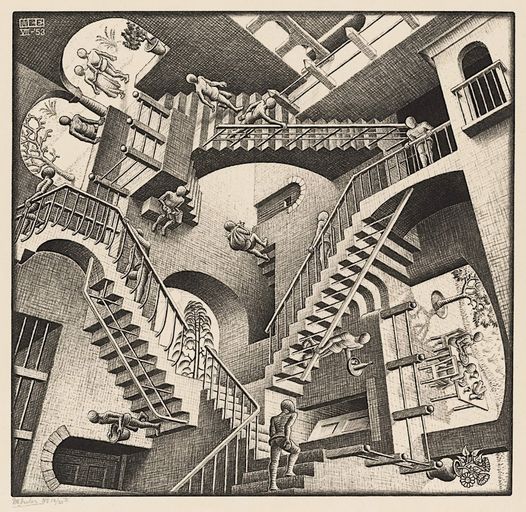Tag Archives: Weekend
- Home
- Posts tagged "Weekend" (Page 4)

Entstehung der High Society
“Being an artist means not numbering and counting, but ripening like a tree, which doesn’t force its sap, and stands confidently in the storms of spring, not afraid that afterward summer may not come. It does come. But it comes only to those who are patient, who are there as if eternity lay before them, so unconcernedly silent and vast.”
Deutsches Institut für Normung
LIVE: WDBM-FM Student Radio 89 MHz
Michigan Upper Peninsula | Michigan West | Michigan East
Michigan State University Infrastructure Planning & Facilities
Meaning of “MRS Degree”
This content is accessible to paid subscribers. To view it please enter your password below or send mike@standardsmichigan.com a request for subscription details.
Texas Croissants & Wyoming Cowboy Coffee
“We wish to suggest a structure
for the salt of deoxyribose nucleic acid (DNA).”
James Watson | “Nature”, April 1953
Finance & Administration: Facilities

Gallery: Other Ways of Knowing Climate Change
“The test of a good religion is whether you can joke about it”
G.K. Chesterton | ‘All Things Considered’ 1908
Life-cycle cost of education community settings are informed by climate change assumptions. In addition to the flow of research money to faculty for laboratory space, graduate student support, supercomputer installations, conference travel; these assumptions inform the architectural character of a campus — i.e. the design and operation its buildings and infrastructure. These assumptions swing back and forth over these eternal institutions with cyclical assumptions about global cooling and global warming. In the late 1960’s academic researchers found evidence of global cooling. Fifty years on academic researchers assume the earth is warming. We just roll with it as we do with all the other policy “givens” we accommodate. Stewardship of the planet — keeping it clean for those who follow us — Yes. Catastrophilia — the love of catastrophone so well documented in history — not so much.
As with all emotional issues, language changes mightily. We refer you to our journey through technical standard language HERE.
According to a report by the Congressional Research Service, federal funding for climate research and related activities totaled approximately $13.8 billion in fiscal year 2020. This funding was distributed across various agencies and programs, including the National Science Foundation’s Climate and Large-Scale Dynamics program, National Oceanic and Atmospheric Administration’s climate Program Office, and the Department of Energy’s Office of Science.
Not included in this figure is the opportunity cost and loss of brand identity of not conforming to the climate change agenda.
The “Narrative”
The Business of Standards Never Stops
Standards for a Kitchen Symphony | November/December 2024
ASTM International (formerly known as the American Society for Testing and Materials) is a globally recognized organization that develops and publishes technical standards for a wide range of products, systems, and services. These standards are used by manufacturers, regulatory bodies, and other stakeholders to ensure that products and services are safe, reliable, and of high quality.
In the field of measurement science, ASTM plays an important role in developing standards and guidelines for measurement techniques and practices. These standards cover a wide range of topics related to measurement science, including the calibration of instruments, the characterization of measurement systems, and the validation of measurement results. They are used by researchers, engineers, and other professionals in academia, industry, and government to ensure that measurements are accurate, precise, and reliable.
| ANSI Public Review |
ASTM standards for measurement science are developed through a process that involves input from experts in the field, including researchers, industry professionals, and regulatory bodies. These standards are updated regularly to reflect advances in measurement science and technology, as well as changes in industry and regulatory requirements. This is a far better way to discover and promulgate leading practice. In fact, there are regulations intended to restrain the outsized influence of vertical incumbents in legislative precincts where market-making happens.
Athletic Performance Properties of Indoor Sports Floor Systems
LIVE: Studentenradio Maastricht
Standards are governed by the Dutch Media Act (Mediawet), enforced by the Dutch Media Authority (Commissariaat voor de Media, CvdM) for content and permissions, and the Dutch Authority for Digital Infrastructure (Rijksinspectie Digitale Infrastructuur for technical aspects. For cable distribution, no broadcast license is required if confined to private/university networks, but equipment must comply with EU directives.
Lotte van Wageningen: Less polished – more authentic
Dawn Chorus: Bird Song
“Awake, harp and lyre! I will awaken the dawn.”
Animal Welfare Act (AWA) Regulations for Birds (9 CFR Part 3, Subpart G)
@CornellPondCam End of day at Sapsucker Woods … pic.twitter.com/zbE5BMEZlp
— susan dimitrakopoulos (@nightsky333) November 10, 2020
University Policy 1.2: Research Integrity
Cornell University’s status as a land-grant institution, coupled with its location in Ithaca, far from New York’s urban centers, fosters a campus atmosphere of grounded normalcy. As a land-grant university, Cornell emphasizes practical education, research, and outreach, rooted in its mission to serve the public good. This ethos cultivates a community focused on collaboration and accessibility rather than elitism.
Ithaca’s rural setting, surrounded by gorges and rolling hills, creates a tight-knit, insulated environment where students engage deeply with academics and each other without the distractions of a bustling city. The slower pace encourages a balanced lifestyle, with traditions like Slope Day and local eateries fostering camaraderie. The lack of urban pressures allows for a focus on intellectual curiosity and personal connections, while diverse student organizations and cooperative extension programs reinforce a sense of purpose and community, grounding Cornell’s atmosphere in authenticity and approachability.
New update alert! The 2022 update to the Trademark Assignment Dataset is now available online. Find 1.29 million trademark assignments, involving 2.28 million unique trademark properties issued by the USPTO between March 1952 and January 2023: https://t.co/njrDAbSpwB pic.twitter.com/GkAXrHoQ9T
— USPTO (@uspto) July 13, 2023
Standards Michigan Group, LLC
2723 South State Street | Suite 150
Ann Arbor, MI 48104 USA
888-746-3670























